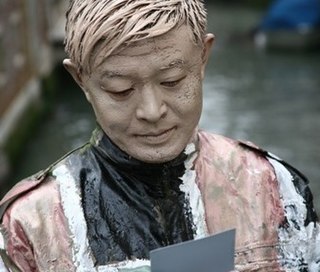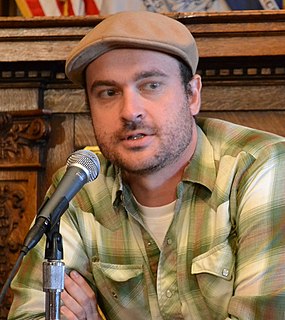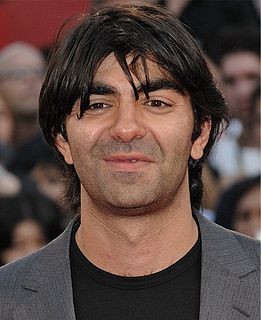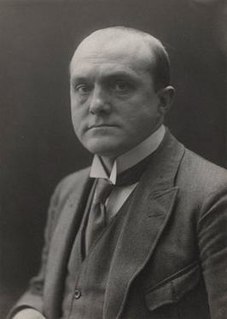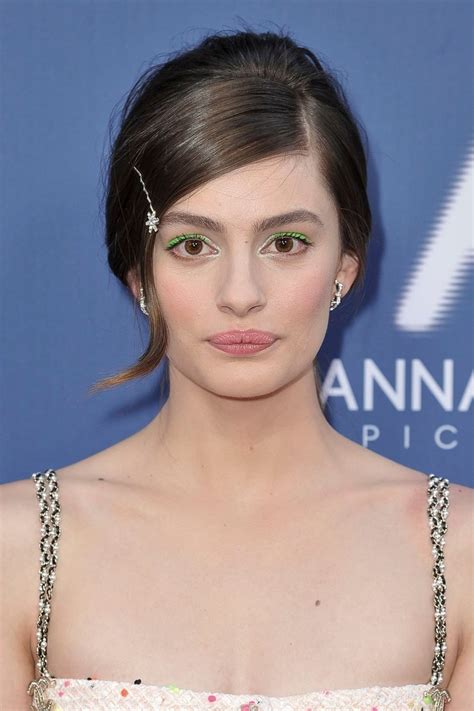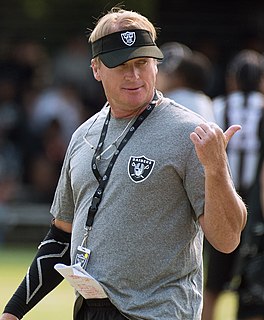A Quote by Gus Van Sant
I've always been interested in how to present something that relates to our reality - which is not really... I don't even know if documentary itself does as good a job. It has its own problems in trying to get at the reality of the situation.
Related Quotes
I feel like I've been lucky that I've never been put in a situation where I had to keep a serious secret. But what is true of me - and has to be true of everyone who's ever been in a family - is that our idealization of reality when we're children always has to fall apart. It's the narratives we didn't know about that pop up and redraw reality. You have to be able to integrate secrets into who you are. My family does not look now like it does when I was a kid. There was divorce. There were family secrets. There was definitely a difference between what I thought was true and what was true.
Education itself is a putting off, a postponement; we are told to work hard to get good results. Why? So we can get a good job. What is a good job? One that pays well. Oh. And that's it? All this suffering, merely so that we can earn a lot of money, which, even if we manage it, will not solve our problems anyway? It's a tragically limited idea of what life is all about.
This is an important distinction, because most of the modern philosophies that deny that we can know reality, and ultimately truth, make the mistake of constructing epistemological systems to explain how we know reality without first acknowledging the fact that we do know reality. After they begin within the mind and find they can't construct a bridge to reality, they then declare that we can't know reality. It is like drawing a faulty road map before looking at the roads, then declaring that we can't know how to get from Chicago to New York!
Tomorrow and plans for tomorrow can have no significance at all unless you are in full contact with the reality of the present, since it is in the present and only in the present that you live. There is no other reality than present reality, so that, even if one were to live for endless ages, to live for the future would be to miss the point everlastingly.
If you read Calvin, for example, he says, How do we know that we are godlike, in the image of God? Well, look at how brilliant we are. Look how we can solve problems even dreaming, which I think is true, which I've done myself. So instead of having an externalized model of reality with an objective structure, it has a model of reality that is basically continuously renegotiated in human perception. I think that view of things is pretty pervasively influential in Protestant thought.
Most people look at a feature film and say, "It's just a movie." For me there is no border or wall between fiction and documentary filmmaking. In documentaries, you have to deal with real people and their real feelings - you are working with real laughter, happiness, sadness. To try to reflect the reality is not the same as reality itself. That's why I think that making a good documentary is much harder than making a good feature film.



